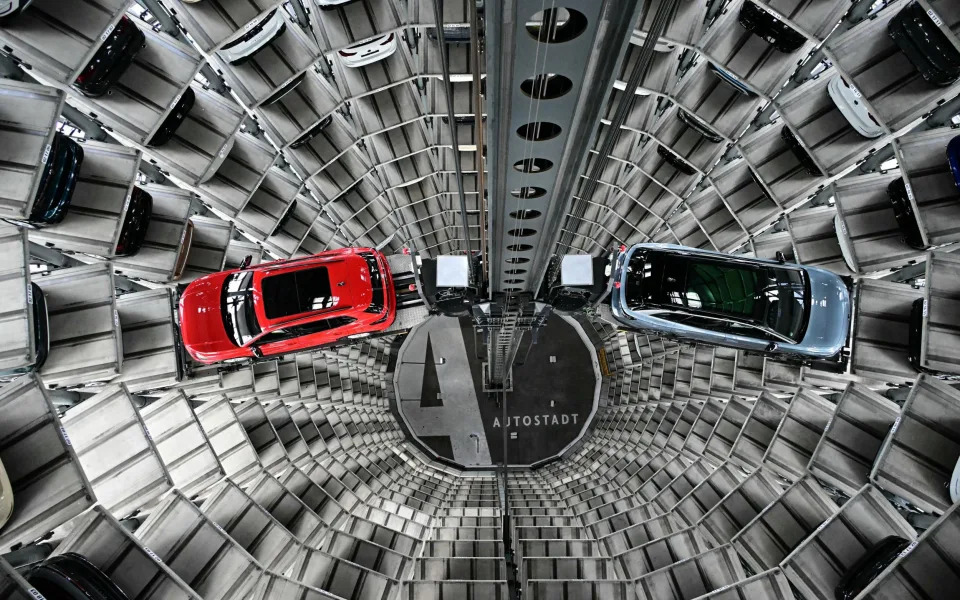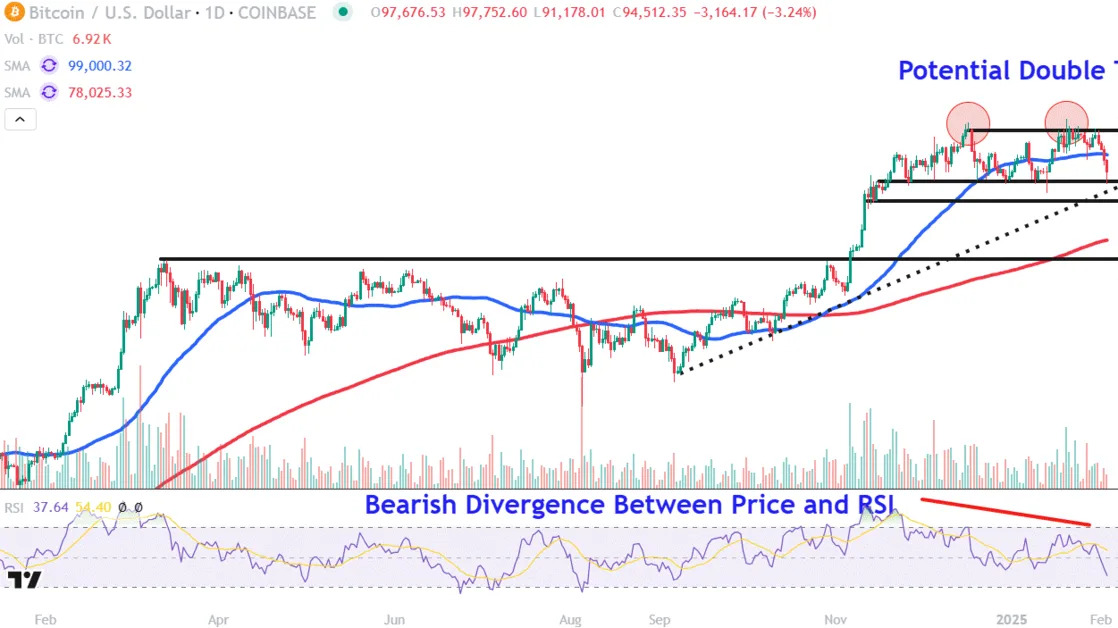
Falling electric vehicle (EV) sales in Germany dealt a “devastating” blow to the European market last year, as Chinese carmakers powered ahead of rivals in the West.
The number of EVs sold across Europe fell by 3pc to 3m during 2024, according to data from analysis firm Rho Motion.
This came after the withdrawal of government tax breaks triggered a collapse in sales across Germany .
The drop in Europe compared to a 40pc surge in China, where 11m EVs were purchased. Sales across North America also rose 9pc to 1.8m.
Charles Lester, of Rho Motion, warned that although the global market for EVs had become bigger, “regional disparities have also grown”.
He said: “What is clear is that government carrots and sticks are working.”
Mr Lester said growth in the US could largely be attributed to consumer subsidies, such as those handed out to buyers under Joe Biden’s Inflation Reduction Act.
At the same time, he attributed greater electric car uptake in the UK to the controversial zero-emission vehicle (ZEV) mandate, which required at least 22pc of carmakers’ sales to be electric in 2024.
It led to sales in the UK being a relative bright spot in Europe, Rho Motion said, rising 20pc to more than 400,000 – and leading Britain to overtake Germany as Europe’s biggest EV market .
By comparison, Mr Lester said, the removal of subsidies in Germany “had a devastating impact on the whole European market”.
Alluding to threats by US president-elect Donald Trump to take a similar decision, Mr Lester added: “If the US follows suit, we may see the same there.”
Full-year car registration figures for Germany are yet to be published by the European Automobile Manufacturers’ Association, which represents car makers across the bloc.
However, data published by the group for January to November 2024 shows the number of EVs sold in Germany fell by 122,517 to 347,048 – a drop of 26pc compared to the previous year.
Matthias Schmidt, of Schmidt Automotive Research, said EV sales in the country had plunged following a rush of motorists seeking to claim government subsidies before they were axed.
There was a particularly large surge in deals during 2022, when subsidies peaked at €9,000 (£7,550) per car, he added.
Many drivers took out three-year lease deals set to expire in 2025, suggesting they will be looking for replacement vehicles this year.
At the same time, he said, some manufacturers had held back EV deliveries until 2025 so they counted towards new vehicle emission standards being introduced by the European Union.
Mr Schmidt said: “We see 2024 as being the low point in a cycle which will return from the end of 2025 as lease drivers start to return to the market.
“Manufactures also likely reduced supply at the end of 2024 to push as many new electric car deliveries into 2025 to help meet new stricter EU emission legislation imposed from this year, up to the end of 2029.
“It would have been foolish from a regulatory point of view to deliver those vehicles in 2024 and potentially miss 2025 carbon dioxide targets due then.”
Broaden your horizons with award-winning British journalism. Try The Telegraph free for 1 month with unlimited access to our award-winning website, exclusive app, money-saving offers and more.





